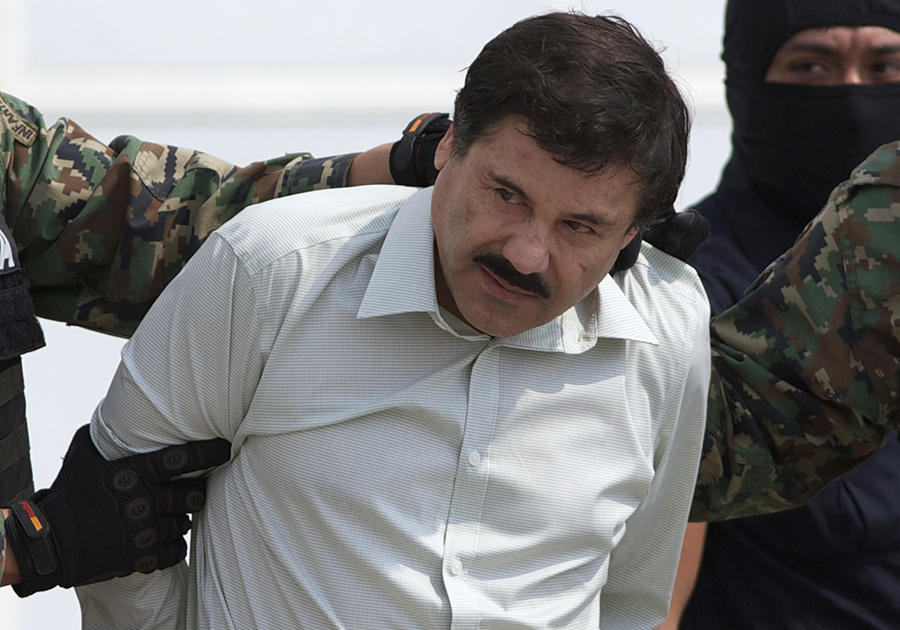Judge in El Chapo case limits release of info, orders appointment of ‘firewall’ attorney
Will decide who gets to see secret documents

El Chapo. AP file photo by Eduardo Verdugo
On Monday, the judge overseeing the case of alleged drug lord Joaquin “El Chapo” Guzman Loera limited the release of information related to the case and ordered prosecutors to appoint a “firewall” attorney as a go-between.
Documents and other materials that the government intends to use in its case against Guzman are so sensitive that the U.S. sought a protective order strictly limiting who can see them. Among other measures, the government asked to have the power to pre-approve foreign nationals before they became members of Guzman’s defense team.
Guzman’s attorneys objected to several of the limitations the government requested, however, because they might allow prosecutors to gain unfair insight into their defense strategies.
